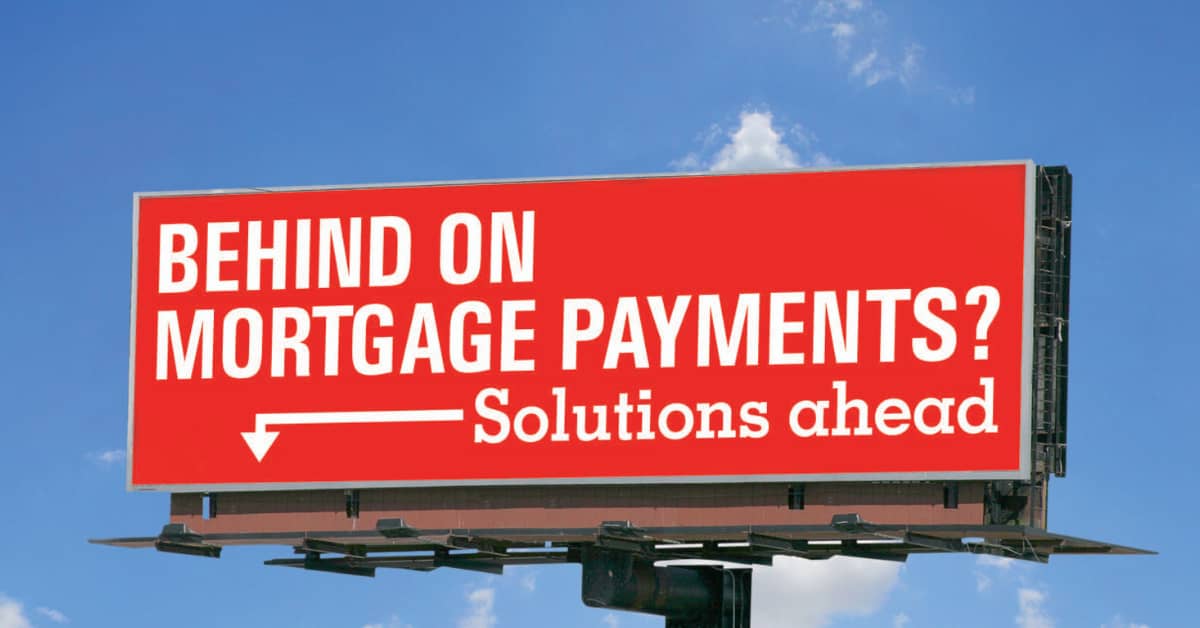Navigating the short sale process as a homeowner can feel like trying to find your way through a financial maze. As a short sale Realtor, I’ve worked with dozens of homeowners who were confused, overwhelmed, and unsure of what steps to take. That’s why I’ve broken down the entire short sale journey into an easy-to-follow, step-by-step guide. Whether you’re trying to avoid foreclosure or simply need a financial reset, this post will walk you through everything you need to know, with insight straight from the field.
What Is a Short Sale? (And Why Homeowners Choose It)
Before we dive into the step-by-step process, let’s make sure we’re on the same page. A short sale happens when a homeowner sells their property for less than the balance remaining on the mortgage. The lender agrees to accept less than what is owed to avoid the more costly and time-consuming foreclosure process.
Homeowners typically pursue short sales when they:
- Are behind on mortgage payments
- Owe more than the home is worth (underwater mortgage)
- Are experiencing a financial hardship like job loss, divorce, or medical bills
It’s not the easiest path, but with the right Realtor (like yours truly), it can be the smartest.
Step 1: Understand Your Financial Situation and Options
As a Realtor in Orlando, FL , my first goal is to sit down with you and get the full picture of your financial health. This is a critical step and often the most emotional one. You’ll need to gather:
- Mortgage statements
- Bank account summaries
- Tax returns
- Pay stubs (or unemployment documentation)
At this point, I’ll also discuss alternative options like loan modifications or deed-in-lieu of foreclosure. If the short sale is the best route, we move forward with confidence.
Step 2: Hire a Short Sale-Savvy Realtor (That’s Me!)
Not all Realtors are created equal when it comes to short sales. It’s a complex process involving multiple parties—your lender, buyers, appraisers, negotiators, and possibly even attorneys. You need someone who:
- Has a proven track record with short sales
- Knows how to handle lender negotiations
- Understands market dynamics and pricing strategies
Once hired, I’ll handle the listing, the paperwork, the buyer vetting, and most importantly, the communication with your lender.
Step 3: Submit the Short Sale Package to Your Lender
This is one of the most important (and paperwork-heavy) steps in the process. A short sale package typically includes:
- A hardship letter explaining your situation
- Financial statements
- Two years of tax returns
- Bank statements
- A listing agreement with your Realtor
- A purchase offer from a qualified buyer
The goal here is to convince your lender that you’re truly in financial distress and that accepting a short sale is their best bet. Pro tip: honesty and transparency go a long way here. Don’t sugarcoat your hardship—be real.
Step 4: Price the Home Competitively (Not Too High, Not Too Low)
Pricing a short-sale home is both an art and a science. Too high, and it won’t sell—too low, and the lender may reject the offer. Here’s what I do to get it right:
- Pull recent comparable sales in the area
- Factor in market trends and property condition
- Consider how motivated the bank is to sell
Sometimes the bank will order a Broker Price Opinion (BPO) to determine the home’s value. This is where my market knowledge really comes in handy—I know how to make a compelling case for a price that’s both fair and bank-acceptable.
Step 5: List, Market, and Secure a Buyer
Once we’ve agreed on a price and listed the home, it’s go time. As your Realtor, I’ll go full-throttle on marketing:
- High-quality listing photos and videos
- Compelling property descriptions
- MLS exposure and social media promotion
- Targeted outreach to investors and homebuyers
When offers come in, I’ll vet them carefully. Not every buyer is equipped to handle a short sale. I make sure they’re pre-approved (or have proof of funds), patient, and ready for a potentially lengthy process.
Great! Let’s continue with the next steps in the short sale process for homeowners.
Step 6: Submit the Buyer’s Offer to the Lender
Once we’ve got a serious buyer on board, it’s time to submit their offer along with the complete short sale package to your lender. This includes:
- The buyer’s signed purchase agreement
- Their pre-approval letter or proof of funds
- Any lender-specific short sale documents
- A HUD-1 or preliminary net sheet showing estimated costs and proceeds
From here, the waiting game begins. Some lenders respond within weeks, while others can take several months. As your Realtor, I stay on top of the lender with regular follow-ups, ensuring your file doesn’t get lost in a pile.
Step 7: Navigate the Lender’s Review Process
This is the part where patience is key. The lender will review the offer and all documentation to determine if the short sale is in their best interest. They’ll consider:
- The net proceeds from the sale versus foreclosure
- The buyer’s offer in relation to market value
- Your financial hardship and documentation
They might order another Broker Price Opinion or appraisal. Sometimes they’ll counter the buyer’s offer or ask for additional documents. I’ll negotiate directly with them and communicate any updates to you and the buyer.
Here’s a little insider tip: if your lender sees that everything is complete, well-organized, and backed by a professional Realtor, they’re more likely to respond quickly and favorably. That’s why my attention to detail here is critical.
Step 8: Receive Short Sale Approval Letter
When the lender finally gives the green light, they’ll issue an official short sale approval letter. This document outlines the terms of the sale, including:
- Approved purchase price
- Closing deadline
- Any forgiven debt or deficiency
- Terms for paying off other liens or closing costs
We review this letter carefully to make sure everything is accurate and acceptable. If you’re working with a legal or tax advisor, this is the time to loop them in.
Once you sign off, we’re almost at the finish line.
Step 9: Close the Deal
Now that we have lender approval, we move into standard closing procedures—just like in a traditional real estate sale. This includes:
- Final inspections and walkthroughs
- Title search and lien clearance
- Closing disclosures and documentation
- Coordinating with escrow and title agents
At this point, you’ll sign the necessary documents, hand over the keys, and walk away knowing that you avoided foreclosure. It may not be the outcome you originally imagined when buying the home—but it’s a huge step toward financial recovery and peace of mind.
Step 10: Rebuild and Move Forward
After closing, many homeowners feel a wave of relief—but also uncertainty. What’s next?
As your Realtor, I don’t disappear after the deal is done. I’ll offer guidance on how to:
- Rebuild your credit (a short sale impacts your score less than foreclosure)
- Prepare for future homeownership (typically after 2–3 years)
- Explore renting or downsizing options
- Understand potential tax implications (consult with a tax advisor)
This chapter may be closing, but a new one is just beginning. And the best part? You’re no longer stuck in a house that’s weighing you down.
Final Thoughts from a Short Sale Realtor
A short sale isn’t just a transaction—it’s a journey. And like any journey, it’s much easier when you have someone experienced guiding you every step of the way. I’ve helped countless homeowners move from stress and uncertainty to clarity and freedom.
Yes, short sales require time, paperwork, and persistence. But they also offer something incredibly valuable: a second chance. If you’re feeling overwhelmed by mortgage payments or fear foreclosure is looming, don’t wait. Reach out. Let’s talk about your options, no judgment, just support.
Remember: every successful short sale starts with one decision—to take action.
FAQs About the Short Sale Process
1. How long does a short sale take from start to finish?
Most short sales take between 3 to 6 months, but timelines vary depending on the lender and complexity of the situation.
2. Will a short sale ruin my credit?
While a short sale will affect your credit, it’s generally less damaging than a foreclosure. Most people can qualify for another mortgage in 2–3 years.
3. Can I do a short sale without missing mortgage payments?
Yes, although lenders are more likely to approve a short sale if you’re behind on payments or facing imminent hardship.

4. What happens to the unpaid balance after the short sale?
It depends on your lender. Some forgive the deficiency entirely, while others may require a repayment plan or lump sum. Always review the approval letter carefully.
5. Do I need to pay taxes on forgiven debt in a short sale?
In some cases, forgiven debt can be considered taxable income. However, many homeowners qualify for exclusions under the Mortgage Forgiveness Debt Relief Act. Always consult a tax professional.


